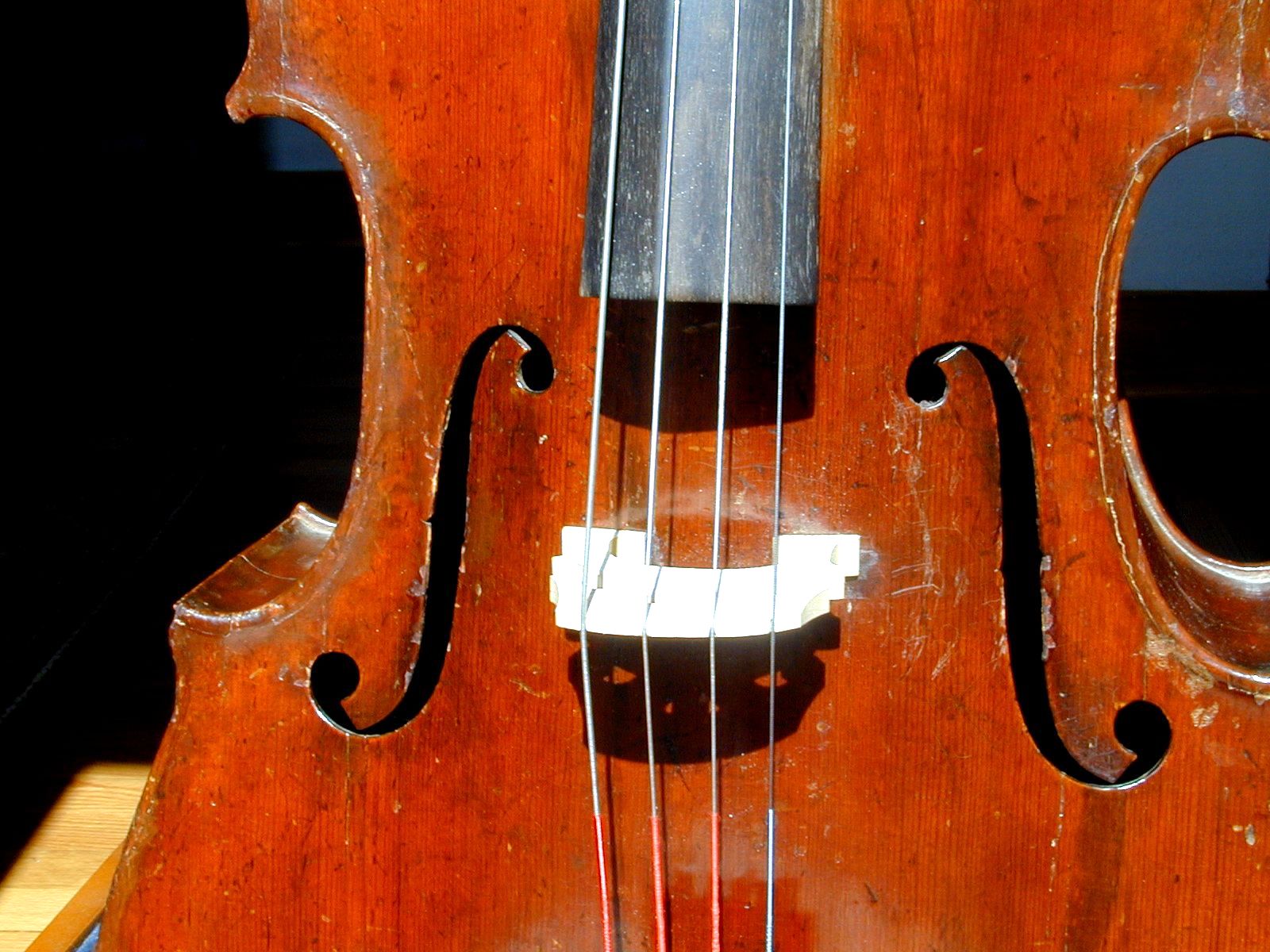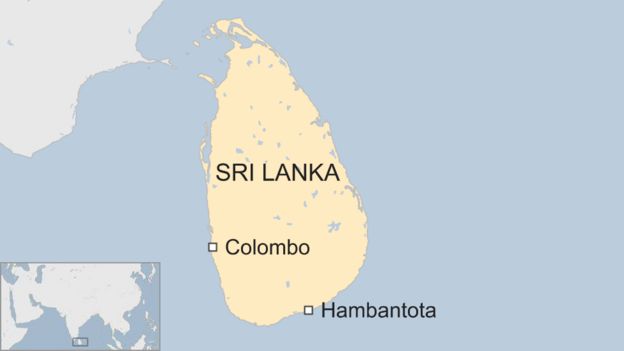FEE
The New Deal of World Trade
A Caicedo
Much has been said about the ideological origins of the postwar world trade order, but few words have been written on the ideological background of its framers, a group of Progressive lawyers and economists working secretly on the postwar planning committees of the State Department during World War II. Their panacea had little in common with Richard Cobden’s or Frédéric Bastiat’s free-trade teachings. They wanted trade relations regulated through global bureaucratic agencies—in Murray Rothbard’s words, through “the mercantilist-managerial apparatus of global economic control.” Their ideological footprint is still deeply embedded in the system.
Undoubtedly, their intention to curb commercial protectionism was sincere. Most of them grew up watching the direct relation between the “high Republican tariffs” and the power of trusts. (“The tariff is the mother of trusts,” it was said.) Moreover, they witnessed the devastating consequences of the Smoot-Hawley Act (1930) and saw with great hope the openness brought by the Reciprocal Trade Agreements Act of 1934. Nonetheless, they also idealized the federal leviathan as the main source of restraint of the power of trusts. Protectionism was for them just one part of a failing status quo. They envisaged an active government that would guarantee “freedom from want” to the “great mass.” The war, to use Robert Higgs’s term, was the kind of crisis they were waiting for to take leviathan up to a supranational level.
This paradox is incarnated in the “father of the world trade system,” Roosevelt’s secretary of state, Cordell Hull. He was a southern Democrat whose whole life was devoted to curbing the power of the protectionist factions in the North. He is also known as the “father of the income tax,” which many hoped would replace the tariff as a source of revenue. In 1917 Hull, then in the House of Representatives, had a decisive role in supporting the legal reform that brought the first permanent American income tax, which enabled President Woodrow Wilson to finance participation in World War I.
Under Hull’s leadership the State Department formed secret committees at the beginning of World War II to start planning the institutional order of the Pax Americana. These groups counted on financial support from the Rockefeller Foundation and logistic assistance from the Council on Foreign Relations. Their work was carefully documented by Harley A. Notter in Postwar Foreign Policy Preparation, 1939–1945 (1949). As Notter wrote, the task was to consider the following questions: “What does the United States want? What do other states want? How do we obtain what we want?”
One thing was certain for them: “the anticipated fact that this country—emerging from the victory with tremendous power—would have profound new responsibilities in connection with practically all vital problems of world affairs and would have to state a policy or at least express an attitude on such problems.”
Back then “to state a policy” normally meant massive government intervention through regulatory bodies. At the international level this would mean, as Professor George A. Finch suggested in 1937, that “a ‘new deal’ in international relations . . . would seem to be worth trying.”
The committee planners saw the history of the international realm in terms analogous to the history of the United States. The question “How do we obtain what we want?” had a clear answer: Let’s give to the world a federal pact that would restrict protectionism among nations, as the Commerce Clause did among the states of the Union; moreover let’s also create a centralized international bureaucracy that would assure a harmonious economic order inspired by the New Deal.
A Global Commerce Clause
The Commerce Clause of the U.S. Constitution served as the perfect analogy. The “dormant commerce clause” doctrine permitted the commercial unity of the country. Traditionally the Supreme Court has interpreted article I, Section 8, Clause 3 as a mandate against discriminatory measures taken by the state governments that would imperil the free traffic of goods and services across their frontiers. In other words, that clause has worked as a free-trade charter. (It should be pointed out that the 13 states essentially had a free-trade zone under the Articles of Confederation.)
Why not try a global commerce clause then? The planners only had to take the same rationale one step further, to the international level. This position was clearly stated in 1943 by Charles Bunn, an adviser to the State Department and protégé of Supreme Court Justice Felix Frankfurter. In an address delivered to the American Political Science Association, Bunn quoted the words of the intellectual icon of Progressive jurists, Oliver Wendell Holmes:
I do not think the United States would come to an end if we lost our power to declare an Act of Congress void. I do think the Union would be imperiled if we could not make that declaration as to the laws of the several States. For one in my place sees how often local policy prevails with those who are not trained for national view and how often action is taken that embodies what the Commerce Clause was meant to end.
Bunn then added, arguing in favor of the postwar plans: “The world has grown smaller since Holmes spoke. ‘What the Commerce Clause was meant to end’ has become a burning question between nations. The men who try to solve that question and the people who give them power and support must indeed be trained for more than local views.”
During those years the Commerce Clause was decisive in defining the spheres of exclusive jurisdiction between the states and the federal government. According to Progressive lawyers, the growing power of the corporations had to be controlled at the national level since local officials were not able to control the almighty trusts. They demanded from the Supreme Court a broader interpretation of the Commerce Clause to permit nationwide intervention in those realms that had been traditionally under the power of state governments. A “living constitution” must evolve with the “economic reality” of industrial capitalism, they maintained. In that spirit the New Deal lawyer Robert L. Stern had written an influential piece in the Harvard Law Review defining the Commerce Clause as “the great unifying clause of the Constitution.”
We can find the same analogy Bunn drew in many works of the scholars who influenced the framing of the postwar project. Among the best known is Clarence K. Streit’s Union Now (1939), which had a huge impact on the foreign-policy establishment. Streit defended the idea of an Atlantic federation that would form a “union customs-free economy,” resembling the historical example of the American Constitution. In Streit’s own words: “It is the kind of interstate government that Lincoln, to distinguish it from the opposing type of government of, by and for states, called ‘government of the people, by the people, for the people.’ It is the way that I call Union.”
Economic Union
Directly influential on the designing of the world trade regime was Otto Todd Mallery’s book Economic Union and Durable Peace (1943). Mallery was among the leading advocates of interventionist federal policies. (See Murray N. Rothbard’s America’s Great Depression, chapter 7). Inspired by Streit, Mallery saw a clear analogy with the opus of the constitutional framers. His book advocated an economic union among nations, governed by an international board structured on the model of the International Labor Organization:
Let Economic Union become the American way of life. “Union” is a glorious word in American history. “The Union, it must be formed,” said the Founding Fathers. “The Union, it must be preserved,” said Andrew Jackson in glowing words. “The Union for-ever,” echoed the boys of 1861 with lusty fervor. To “Union” prefix “Economic.” Not yet is “Economic Union” charged with the same emotion, for it has not been died for, or even lived for.
The Progressive intelligentsia made crystal clear that they wanted a technocratic world government, modeled after the New Deal agencies. Max Lerner (many times adviser to the State Department and in later years a vocal opponent of what he called “the Mises-Hayek school”) could not have been clearer in a widely read 1941 essay:
The American Constitution, with its emphasis upon separate powers . . . is a poor model for a world state. . . . The essence of government today is to be found in a fusion between the consultative, the technical, and the administrative. . . . [T]he measure of our capacity to survive has been our capacity to move away from our earlier Congressional government and our later government by judiciary, toward a newer executive and administrative process. What is true of the American national state must be even truer of the world centralism we are envisaging.
In 1934 Leland Rex Robinson, a member of the Tariff Commission, while writing in favor of Hull’s reforms of trade policy also summarized its underlying ideological consensus: “The so-called ‘liberal’ of a hundred years ago was busy repealing restrictions which limited the gainful activities and discouraged the enterprise of individuals. The ‘liberal’ of today is more likely to be busy thinking out new schemes of political control.”
This ideological environment surrounded the work of the postwar committees of the State Department. Major academic publications, such as the American Journal of International Law and the American Political Science Review, were in those days full of projects for international bureaucratic organizations. Many intellectuals involved in the debate were in close contact with the committees or became members themselves.
The conceptual reference for the work of the postwar planners was the Atlantic Charter of 1941. That treaty—signed by the U.S. and British governments as a prewar arrangement—was aimed, according to its own text, at securing “the fullest collaboration between all nations in the economic field with the object of securing, for all, improved labor standards, economic advancement and social security.” As Elizabeth Borgwardt wrote in her book A New Deal for the World (2005), the “framing of the Atlantic Charter echoed [the] New Deal-inspired synthesis of political and economic provisions.”
The project for a new trade order saw the light of day in 1945 with the “Proposals for Consideration by an International Conference on International Trade and Employment,” known also as the “American Proposal.” Not surprisingly, the proposal called for the creation of an international organization aimed not only at controlling commercial disputes between nations but also at “curbing the restrictive trade practices resulting from private international business arrangements.” The result was the Havana Charter of 1947, which mandated the creation of the International Trade Organization (ITO), something like a worldwide Federal Trade Commission. The American economist Clair Wilcox, chairman of the Havana conference, put it boldly when he wrote that the principles of the Charter were fully compatible with those of “the Sherman Act of 1890 as interpreted by the Supreme Court under the rule of reason.”
Fortunately, the Havana Charter was never ratified by the U.S. Congress and the ITO never was created. That saved us from a worldwide “fatal conceit,” as Hayek would have put it. However, the members of GATT (the General Agreement on Tariffs and Trade) used this provisional protocol as a plan B for many decades, until the creation of the World Trade Organization (WTO) in 1995. The WTO was the final fulfillment of a suspended project. This international agency has served to foster corporate interests from the United States and the European Union, favoring free trade on occasion. More often it has been useful for imposing “intellectual property” protectionism on poor countries, while legitimizing agricultural protectionism in rich ones.
Instead of Cobden-Bastiat-Mises-Hayek free trade, we’ve had Hull-Mallery-Lerner managed trade, the fulfillment of the New Deal on an international level.



